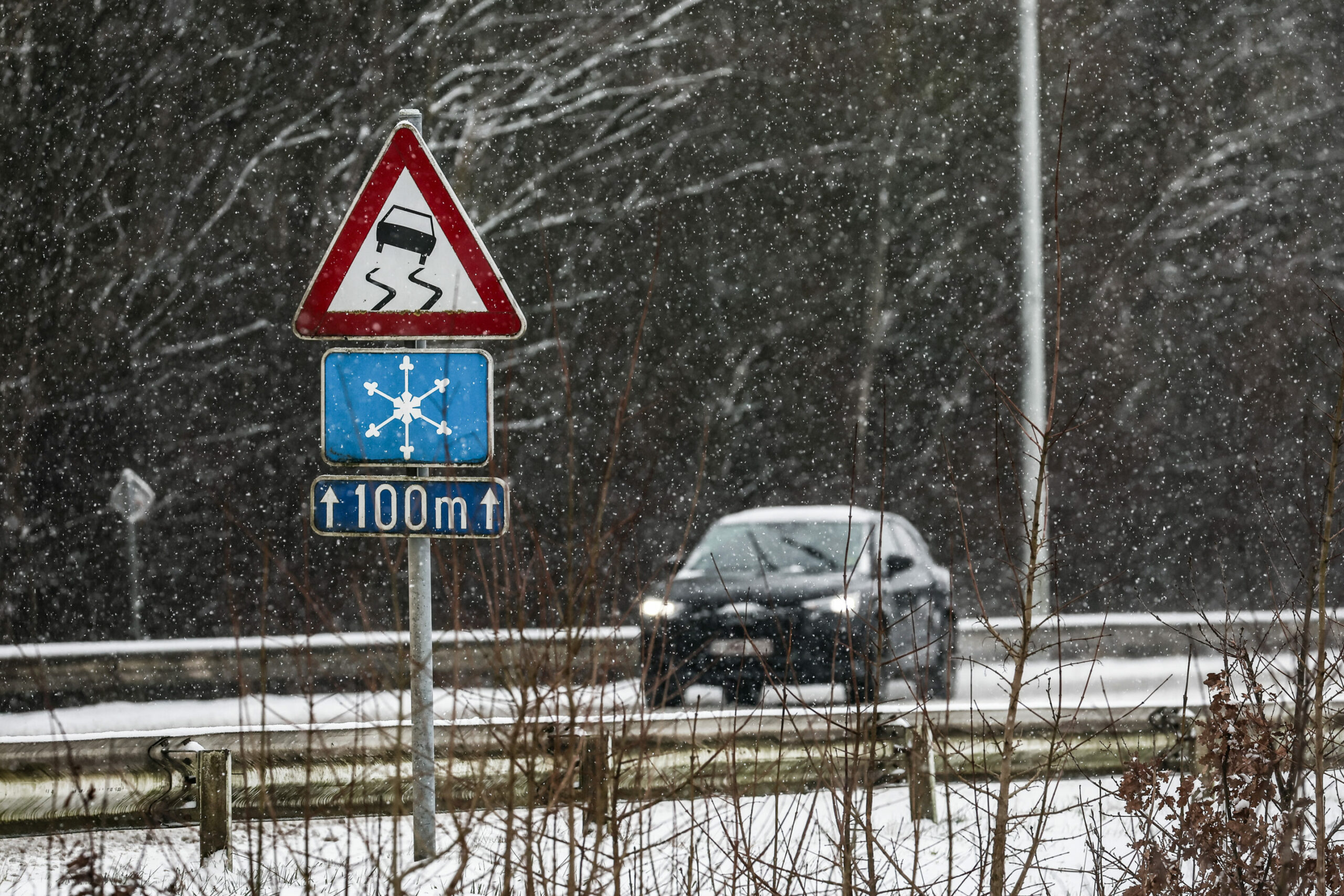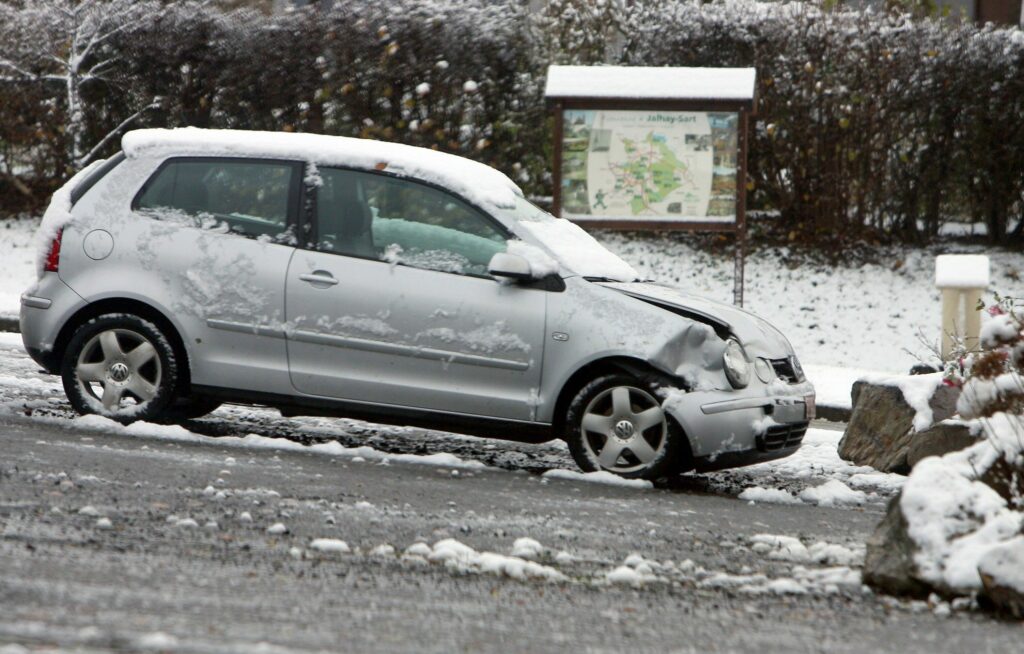January in Belgium has been remarkably cold, with sustained periods of sub-zero temperatures creating challenges for all road users – car owners especially. Monday night will again be freezing with -4°C forecast on the Tuesday morning rush hour. Given the treacherous road conditions, here's what to watch for to ensure a safe journey.
Finding solutions to common issues
Car batteries often have issues in cold weather, which negatively affects performance. Older batteries (more than six years) are especially susceptible, leading to difficulties starting the engine. For a car battery to function, it must be charged to at least 70%, but temperatures around 0°C can result in lost charge.
It is worth preventively checking the state of the battery before the first blast of wintry weather. Cars should be parked inside or in a sheltered place if possible to protect the battery from the cold.
Turning off power-draining functions, such as seat heaters, air conditioning, radio, and GPS, also helps ensure a full battery. Walking or taking public transport for a short distance is also recommended, as short drives deplete the battery.
Additionally, cars that have been stationary for a while should be used for longer drives in the days before temperatures start to drop. Using a battery charger during prolonged cold weather can also help.

A car driving on a snowy road in Vezin on Wednesday 17 January 2024. Credit: Belga / Bruno Fahy
Another issue is frozen windshields, which can cause dangerously limited visibility if not cleaned properly. People who start driving with frozen windows risk a fine in Belgium.
A protective cover or an anti-ice blanket (or even a piece of cardboard on the front and rear windows) can prevent ice forming. Use an ice scraper and window defroster to clear the other windows. Certainly don't pour boiling water on the windscreen – there's a high chance this will crack the glass.
Additionally, ensure the wiper fluid is frost-resistant. To prevent windshield wipers from freezing, raise them when parking. The vehicle's lights should also be de-iced.
Winter precipitation and low temperatures increase the risk of skidding. To minimise this, check the tyre tread regularly: it should be at least 3 to 4 mm deep. When temperatures get very cold, consider winter tyres, which provide more grip. Switch to winter tyres as soon as the temperature regularly drops below 7°C.
Serious damage can also be caused by engine coolant freezing if it is not sufficiently frost-resistant. To prevent this, check the coolant regularly to ensure it has not fallen below the minimum required level, and top it up with antifreeze if necessary.
Related News
- Code yellow warning issued for slippery roads as snow arrives in Belgium
- Temperatures dropped to -15.5°C on Monday night
Once on the road, drivers should avoid braking abruptly, especially when approaching a bend. Braking distances are longer, so leaving more space is advised. If the car does skid, holding down the clutch allows the car to regain grip.
In case of an accident, bring a winter coat, an extra jumper or a blanket, in case you are waiting for some time or your battery stops working. Finally, check your insurance coverage: does it cover a towing service and a replacement car?

